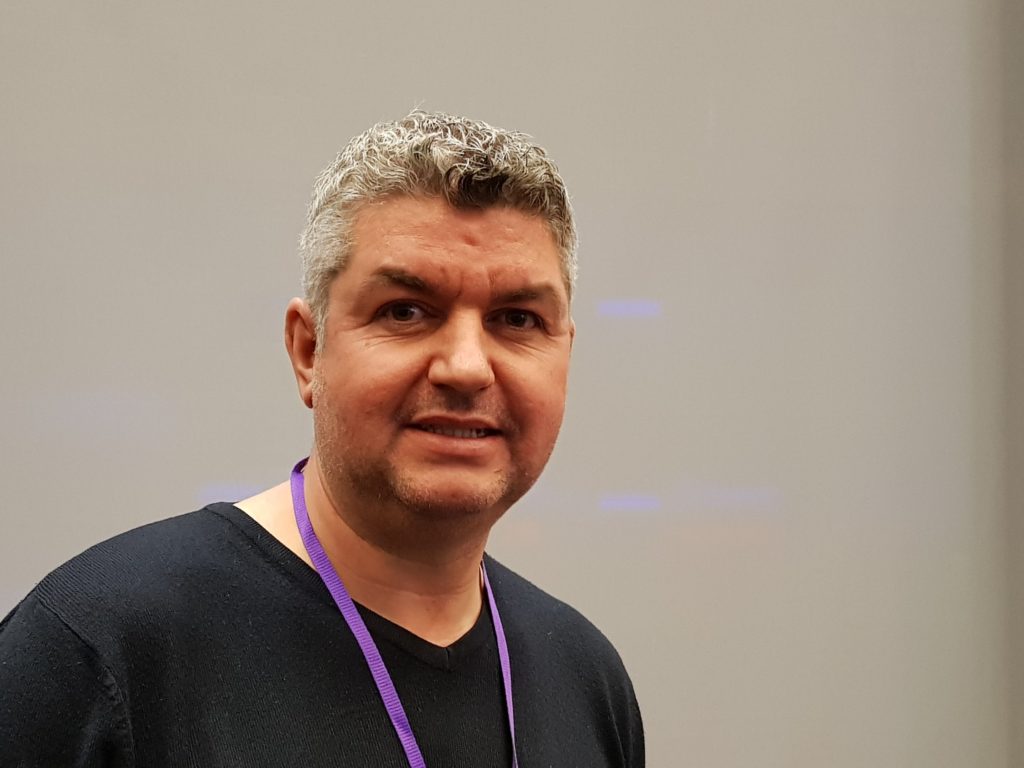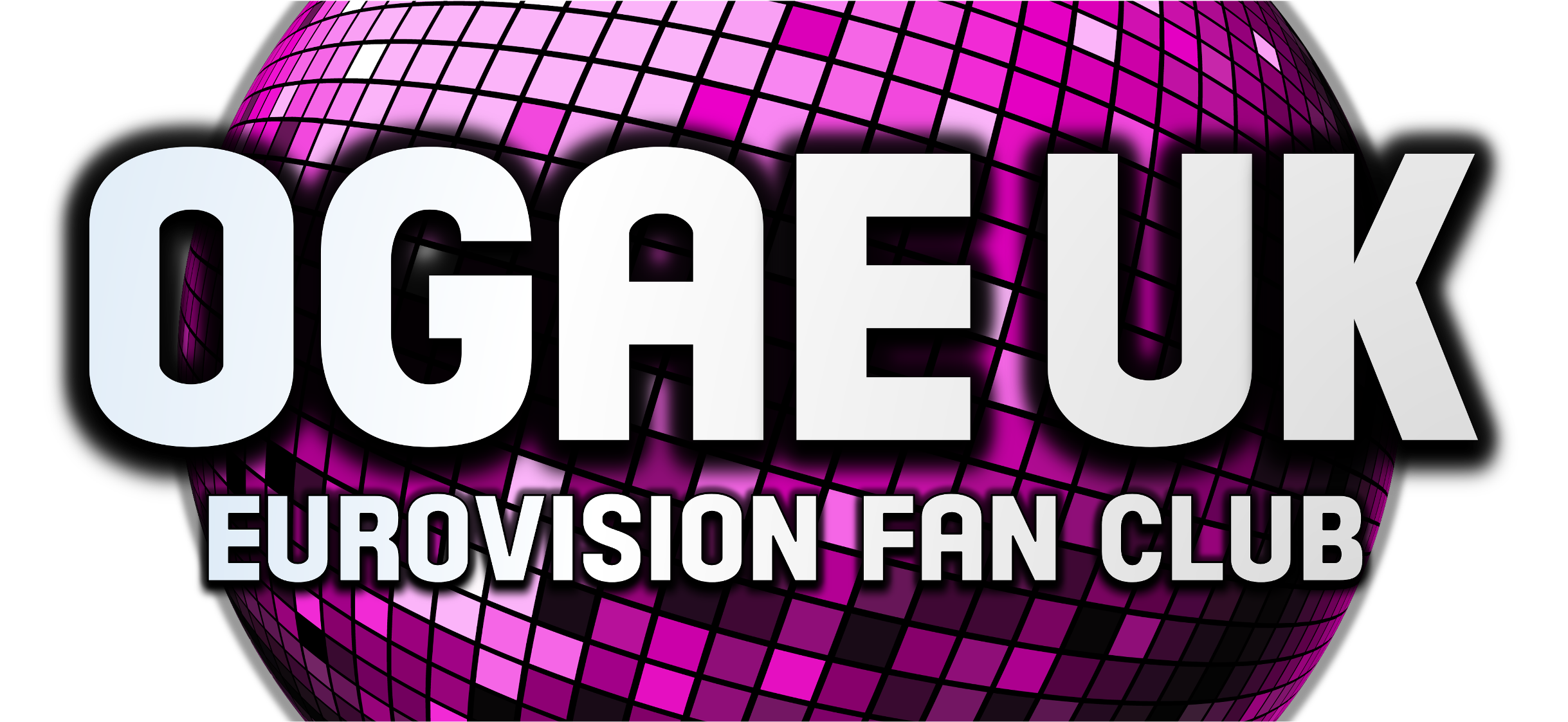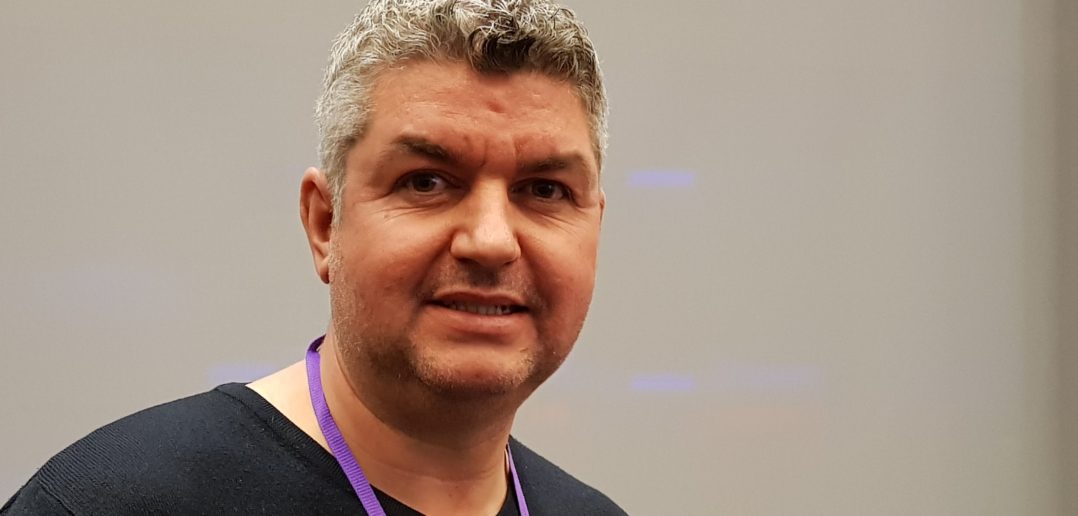Introduction
Many members are new to the OGAE fan ticket process and so this document serves to provide some background information and advice on how the process usually works. It must be emphasised that firm details have not yet been published so these notes are for guidanceonly.
As previously communicated, any ticket packages that OGAE UK is offered will be allocated to eligible members in an order determined by a ballot process. In this way the allocation is as fair as possible.
Please be aware that there is never any guarantee that OGAE will be allocated ticket packages, we are trying to secure the largest possible allocation from the organisers and OGAE International. As of yet we do not know how many – if any – ticket packages will be made available to OGAE International, and so it is impossible to give an estimate of how many we may receive. Similarly, we are unable to confirm whether the fan packages will be for standing or sitting places.
Who may participate in the ballots?
All OGAE UK members (with the exception of honorary members) as at the opening of the ballot on 17 November 2021 are welcome to apply for tickets. Members who join on or after this date will not be eligible for the ballot, but may be added to a waiting list.
Packages are available strictly on a per person basis, members may not apply for multiple packages.
Ballot participants MUST be fully paid-up members of OGAE UK as at 31 October 2020 and at the date of the 2022 Eurovision Song Contest. If your membership is due to expire in 2021, please ensure that you renew for 2022 before entering the ballot. You can check your membership and renew by logging on to www.membermojo.co.uk/ogaeuk.”
Ballot structure
There will be TWO ballots.
The primary ballot will be for active members as of 31 October 2020.
The secondary ballot will be for new members who joined OGAE UK between 1 November 2020 and 17 November 2021.
5% of tickets (up to a maximum of ten, whichever is lower) will be allocated to the secondary ballot.
The remainder of tickets will be allocated to the primary ballot.
Ballot pairings
As in previous years, members will have an opportunity to nominate a second member with whom to be paired for the purposes of the ballot. This is in no way compulsory, but allows joint members or friends who travel together to be treated as one unit for the purposes of the ballots, thus giving them a little more certainty when making their travel plans, however both members do not necessarily have to travel together, Both applicants MUST be current members of OGAE UK . Applying as a pair does not guarantee that you will be sitting together or placed in the same section, however every effort will be made to place you together. Seating and section plans will be confirmed at a later date.
Please note, if both members who apply together are not eligible for the primary ballot, you will both be automatically placed in the secondary ballot. Please ensure that you both know your eligibility before applying!
Members who apply on their own will be randomly paired with another member eligible for the same ballot, but this is only for ballot purposes.
OGAE Fan Tickets
We have not yet received any details of the fan tickets that may be made available to OGAE in 2022. It is entirely up to the organisers to decide what (if anything) they will offer us. Historically, OGAE has been offered fan packages consisting of a ticket for each of the live shows, each of the ‘jury finals’ and, on occasion, we have also had access to some the rehearsals. In 2019, fan packages consisted of either tickets for the 3 live shows, or 3 jury finals. In years previous to this, packages consisted of tickets to 6 separate shows on each of the days during Eurovision week. We will update applicants on the contents of the fan packages as soon as this information becomes available.
Historically ticket packages were usually priced at around £300-400, However, this price may fluctuate and indeed was considerably higher from 2018-2021 than previous years, when packages were priced at up to £900. Again, no pricing information is available at present and this will be communicated as soon as this information becomes available.
The package price often represents a considerable discount over buying the tickets individually. As a result, the packages cannot be split, ie you CANNOT purchase tickets for the semi finals or finals only. Unwanted tickets must NOT be sold and should only be passed on to other members with the agreement of OGAE. It is important that we comply with these requirements as we need to respect the good value and privileged status represented by the fan ticket packages.
As a result of the nature of the fan packages, they may not be the best option for members who only plan to attend the Grand Final on the Saturday evening. In recent years, some members have sold on tickets that they did not wish to use. This is strictly prohibited but has, to a degree, been tolerated in the past, so long as tickets went to other club members and OGAE was advised. However, there were a number of unpleasant incidents and complaints in the past few years resulting from tickets that had been sold on. As a result, we intend to enforce the rules more rigidly, and for 2022, any member who contravenes the fan ticket rules by selling or passing on tickets without OGAE UK’s express agreement, may be suspended from OGAE UK ticketing for the next two years.
If you are unable to attend ALL the live shows, it is recommended that you purchase your tickets in the public sale. Details of this will be announced on the official Eurovision website in due course (www.eurovision.tv), but as yet, no concrete details have been announced on dates or pricing.
Standing or Sitting
In recent years, with the exception of 2021, the floor of the arena has been designated as a standing zone. The majority of our tickets have allocated in the standing zone. In previous years OGAE also received a smaller seated allocation. Members who are unable to stand for long periods of time due to medical conditions are given priority for these tickets, but we are unable to guarantee this, as the numbers allocated are always insufficient to meet demand.
We do not yet know whether OGAE tickets will be for standing or sitting places. OGAE International will attempt to secure the best possible mix of standing and seating ticket packages. We will address this issue as and when we receive additional information. In previous years, the demand for seated tickets has been greater than our allocation.
Due to this, seated packages will be offered first to people with a genuine medical requirement, and we may have to ask people to provide a relevant doctor’s note to support their request. Any information sent to us will be kept strictly confidential.
If you do not have a medical reason for requiring a seated package, you can still request one. We will do our best to meet people’s preferences but cannot guarantee this. After seated packages have been allocated to those with medical requirements, they will be offered to those requesting them in ballot draw order. Therefore, we may not be able to guarantee your preferences.
For those of you who are offered a seated package, we will try our best to honour requests to sit together with other members, although this cannot be guaranteed. We will not be able to discuss this until we know the details of how many seated packages we receive.
How to apply
If you wish to be considered for the ballot process, please complete the online application form which can be found on the OGAE UK official website. Please note that ALL applicants must accept the terms and conditions by ticking the box, and sign the form by typing their full name to acknowledge that they have read and accepted the ballot terms and conditions. The form should be submitted no later than 11.59pm GMT on 8 December 2021. Any applications made after this date will be placed on a waiting list should any packages become available after the first second ballots have taken place and tickets distributed. Please note that it may be necessary to bring this deadline forward in the event that OGAE International requests final submissions before this date. We will notify all members with as much notice as we can if this is the case. ALL members will have an equal status in the ballot regardless of when they apply during the application process.
Withdrawal from the Ballot Process
This year, as in previous years, no deposits will be required. However, if you wish to withdraw from the ballot process after your application has been submitted, you must advise the Ticket Coordinator as soon as possible. If you withdraw under any of the following circumstances:
- Where an applicant commits to buying an OGAE fan package and then does not complete the ticket purchase
- Where an applicant withdraws from the ballot AFTER OGAE UK is required to provide final ticket request numbers to OGAE International
members may be suspended from OGAE UK ticket processes for the following two years. The final decision will be made on a case-by-case basis by the OGAE UK committee, and members will be informed of the outcome.
No one will be asked to make a firm commitment to purchase a ticket without knowing the full price and the nature of the tickets involved.
Ticket Sale Timeline
In the ideal world, we would all prefer the OGAE fan tickets to be put on sale before the start of public ticket sales. This would give OGAE members some clarity and would give those unsuccessful in the ballot a second chance to secure tickets through the public sale. Every year OGAE International makes this request to the organisers but things never quite go according to plan. We all have to remember that OGAE tickets are not a high priority for the organisers who can sell all the tickets to the live shows very easily and quickly without our help (something they always point out during negotiations with OGAE International). Basically, we need them more than they need us and we are entirely at their mercy.
In the event that the public sale starts before the final allocation of fan packages, we recognise that members will be faced with the dilemma of whether to buy directly or keep faith with the OGAE process. We will do everything we can to avoid this scenario but we cannot guarantee that this will not happen. If any members do buy in the public sale before finalisation of the OGAE packages, it is essential that they advise us so that their tickets can be re-allocated.
Application Processing
Once we receive your ballot application, you will receive an automated email confirming receipt of the application. We will then check that all the required details have been provided, and whether you are eligible for the first or second ballots.
We contact you via email to confirm your eligibility. We will aim to send out confirmation e-mails within 14 days of the close of the ballot application window. This process represents quite an administrative burden and so it would be very much appreciated if applications could be submitted as early as possible, rather than waiting for the final few days before the deadline.
The draw will take place as soon as practicably possible after the ballot is closed, and in collaboration with an independent scrutineer. After the ballot has taken place, the results will be communicated to all participants via e-mail.
Ticket Allocation and Purchase
As soon as we receive an allocation of tickets from OGAE International, we will advise all those who have been successful in the ballot accordingly. If any members have not managed to secure tickets in the initial allocation, there may be a chance that additional tickets will become available and we will keep the relevant people informed.
We have still not been advised of the actual ticket purchase process, but it is anticipated that it will be similar to recent years when tickets could be bought over the internet from the official ticket agency. You will be advised of the exact procedures when they are made available.
Please remember that, as in previous years, you may need to first buy a ticket voucher through the sales agent and then exchange this for the actual tickets once you arrive in Turin. This has happened in three of the last six years so it is important to factor the possible need to collect tickets into your travel plans (ie don’t plan on arriving in Rotterdam just before the start of a show!).
The ticket process is always a bit of an emotional roller coaster and the next few months will inevitably be a nervous and, at times, stressful period for those who want to attend the shows in Turin. All of us at OGAE UK will do our very best to keep you informed of developments and to maximise the number of tickets that we can secure. Keep an eye on your e-mails including your spam folder, and update us immediately if your contact details change.
Good Luck!


